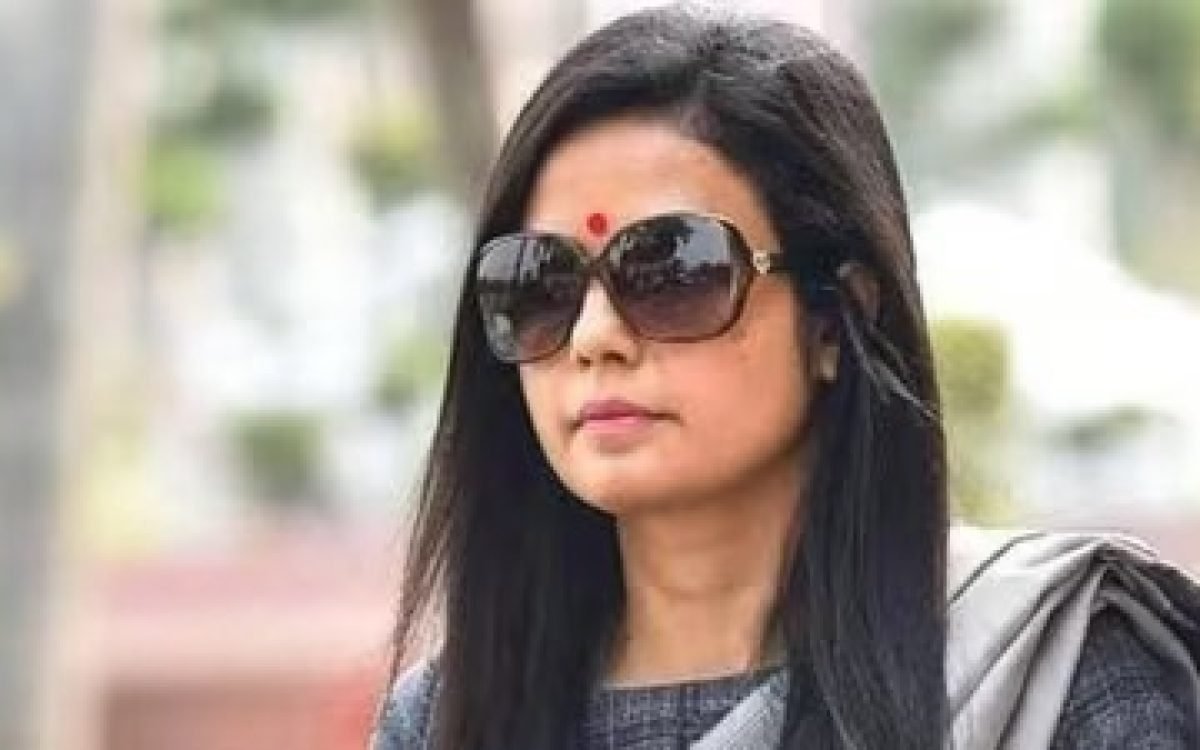The political landscape in India is often rife with controversies, and the recent saga involving expelled Trinamool Congress (TMC) lawmaker Nusrat Jahan Moitra is no exception. Moitra finds herself embroiled in a series of legal battles and allegations, raising questions about accountability and integrity in public office.
The trouble for Moitra began when the Central Bureau of Investigation (CBI) registered a case against her based on an FIR filed against her. This action came after Moitra failed to comply with summons from the Enforcement Directorate (ED) regarding a Foreign Exchange Management Act (FEMA) contravention case. Alongside businessman Darshan Hiranandani, Moitra was called in for questioning by the ED.
The root of Moitra’s legal woes traces back to allegations of involvement in a cash-for-query case, which prompted the CBI to raid her premises. These allegations surfaced following claims by BJP MP Nishikant Dubey, accusing Moitra of receiving cash and gifts from Hiranandani in exchange for her Parliament login credentials. Additionally, it was alleged that Hiranandani posed questions on her behalf targeting the Adani Group.
Despite vehemently denying any wrongdoing, Moitra faced expulsion from the Lok Sabha last year after the issue was referred to the ethics committee. The committee’s decision to recommend her expulsion came after questioning of Dubey, advocate Jai Anant Dehadrai, and Moitra herself.
Moitra has steadfastly maintained her innocence, attributing the allegations against her to her vocal criticism of deals involving the Adani Group. However, the ongoing legal proceedings have cast a shadow over her political career and called into question the standards of conduct expected from elected representatives.
As Moitra’s legal battles continue to unfold, the outcome remains uncertain, leaving both supporters and critics alike anxiously awaiting further developments. The case serves as a stark reminder of the complexities and challenges inherent in navigating the intersection of politics and the law in India.









